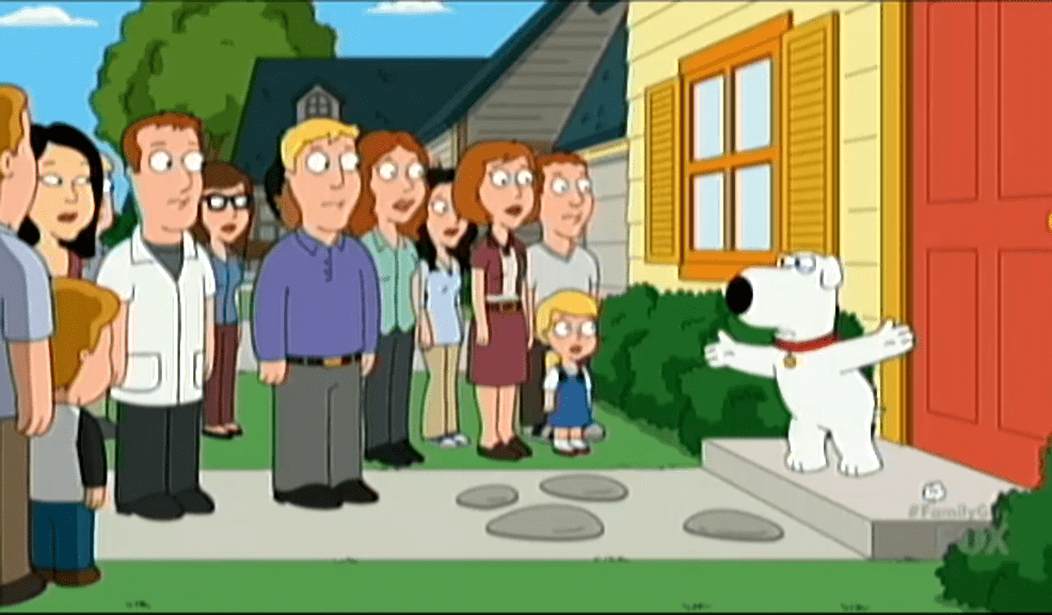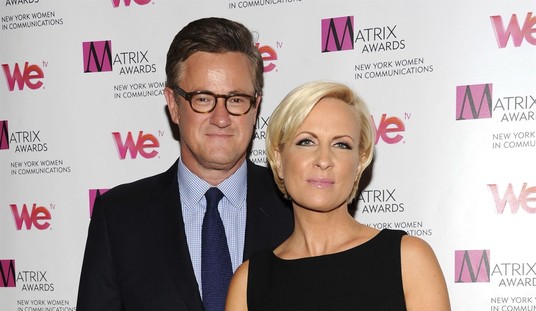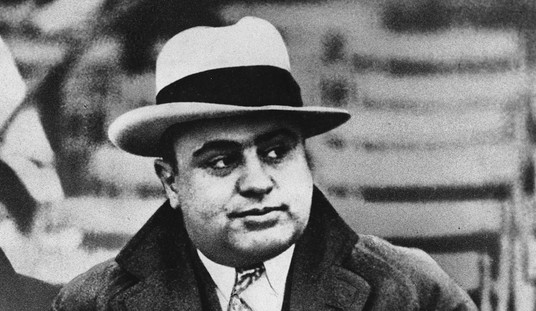On his radio show yesterday, Rush Limbaugh made a really interesting point. He said that Democrats in California were in open defiance of the federal government with their push back against the Trump administration’s hard line stance on immigration and move to make California a sanctuary state. The Wall Street Journal put it this way back in March when small enclaves within the state began to align themselves with Trump on the issue rather than their state’s elected officials:
For months now, the Democratic-led state has positioned itself as an adversary to President Donald Trump’s hard-line immigration policies, seeking to stymie the administration at every turn. California’s Democratic Attorney General Xavier Becerra has filed suit against the government multiple times, challenging policies ranging from immigration to the environment.
Attorney General Jeff Sessions, in turn, filed suit against California earlier this month, challenging the state’s immigration laws. The legal salvo elevated the feud and has drawn support from more than a dozen other states and, now, a growing number of California jurisdictions.
And the interesting point that Limbaugh made? He said they were in open defiance not unlike the Southern states were in seceding from the Union and launching the Civil War.
Uh-oh.
So what does this all have to do with Seth MacFarlane, the occasionally funny creative force behind Family Guy and the Ted movies?
Limbaugh has long been tied to the resurrection of the execrable Fairness Doctrine, the 1949 FCC mandate that required broadcasts to be fair by affording “reasonable opportunity” for opposing views on topics of “public importance.” Think of it as social justice on radio and TV. Columnist George Will described it this way back in 2008 the last time the left tried to make the policy appeal to the public again:
Until the Reagan administration extinguished it, the doctrine required broadcasters to devote reasonable time to fairly presenting all sides of any controversial issue discussed on the air. The government decided the meaning of the italicized words.
The doctrine, which thankfully died in 1987 upon repeal, is considered by many on the left to be the entire reason that Limbaugh became king of talk radio — because no one was there to make his hot takes really, really boring by making sure they were politically correct, or something like that. And they were very interested in policing his content because he makes statements like the one above comparing today’s left with the insurrectionists in the Southern US in the late 1800s.
In any event, MacFarlane has apparently taken an interest in the corpse of the Fairness Doctrine.
A simple means by which to begin the rehabilitation of a deeply fractured nation would be through the restoration of the Fairness Doctrine, which required all TV and radio broadcasters to present opposing viewpoints on all issues. Introduced in 1949, revoked in 1985. Bad move.
— Seth MacFarlane (@SethMacFarlane) June 3, 2018
You can read some of the concerns from conservatives at Twitchy here. Their opposition is primarily grounded in Erick Erickson’s statement in response to MacFarlane’s tweet:
https://twitter.com/EWErickson/status/1003701429238976512
But here’s the thing to remember: if MacFarlane is just casually wondering about the Fairness Doctrine over his Sunday morning coffee, you can bet that’s not the last we hear of it. The entertainment left seems to be the initial trial-balloon mouthpiece for all authoritarian things coming from the progressive side of the aisle lately. Their goal is to make those things seem shiny, innocuous, and pretty and not at all an effort to exact regulatory control over anything the federal government can manage to get its hands on.
Personally, I wonder if MacFarlane has given any thought to how such a policy might affect, say, Samantha Bee…












Join the conversation as a VIP Member